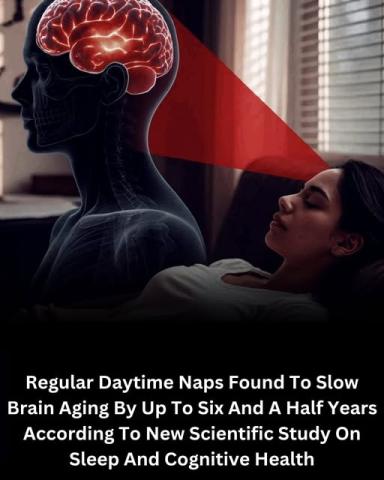We chase victory on the tennis court through powerful serves, relentless footwork, and precise technique. We invest in the best rackets, perfect our diets, and push our bodies to the limit in training. But what if one of the most powerful performance enhancers requires no sweat at all? What if it simply requires closing your eyes?
Emerging science suggests that the humble nap is a secret weapon for athletes, especially in a mentally demanding sport like tennis. A groundbreaking new study has revealed that regular daytime naps do more than just fight off an afternoon slump; they can actually slow down brain aging by up to 6.5 years. For a tennis player, this isn’t just about long-term health—it’s about gaining a critical edge today.
The Science of the Siesta: Preserving Your Mental Edge
As we age, our brains naturally shrink, a process that can lead to slower processing speeds, forgetfulness, and a decline in cognitive function. For a tennis player, this translates to a split-second delay in anticipating an opponent’s shot, forgetting a successful pattern of play, or struggling to maintain tactical focus during a long match.
This is where napping comes in. Researchers found that individuals who took consistent, short naps showed healthier brain volume and significantly stronger memory performance. They are essentially preserving the very hardware of their brain—protecting neurons and maintaining the structures vital for quick thinking.
On-court benefits include:
- Faster Decision Making: A well-rested brain processes visual cues—like the toss of a serve or the angle of a opponent’s racket—milliseconds faster.
- Tactical Clarity: Napping strengthens memory consolidation, helping you remember and adapt game plans mid-match.
- Enhanced Focus: Preserving brain health fights mental fatigue, allowing you to maintain concentration through a tense third set.
Beyond the Brain: The Full-Body Advantage
The advantages of napping extend far beyond cognitive function. The same study highlights that napping reduces stress, lowers inflammation, and improves circulation.
For an athlete, this is a trifecta of recovery:
- Reduced Stress: Lower cortisol levels mean a calmer mindset under pressure, helping you manage the inevitable frustrations of competition.
- Lower Inflammation: This accelerates physical recovery by reducing muscle soreness and repairing micro-tears from intense training sessions.
- Improved Circulation: Better blood flow delivers more oxygen and nutrients to tired muscles, promoting healing and restoring energy levels.
The Sweet Spot: Why Short Naps Win the Match
The key is napping strategically. A long, deep nap of over 60 minutes can leave you feeling groggy (known as sleep inertia) and may disrupt your nighttime sleep. The research points to a 20 to 30-minute nap as the "sweet spot." This duration provides powerful restorative benefits—boosting alertness, enhancing mood, and improving motor performance—without the groggy side effects or impacting your primary sleep cycle.
The Advantage of a Relaxed Body and Mind
The magic of napping occurs when both the body and mind enter a state of deep relaxation. This state is not passive; it is a period of intense biological activity:
- Memory Processing: The brain files away new learnings, like the muscle memory of a corrected stroke technique or a new tactical drill.
- Hormonal Regulation: The body releases growth hormone, which is essential for muscle repair and tissue growth.
- Nervous System Reboot: The parasympathetic nervous system ("rest-and-digest") takes over, lowering heart rate and blood pressure, and counteracting the stress of intense physical exertion.
This period of rest is not downtime; it is active consolidation time. It’s when the lessons from your morning training session are cemented and your body makes its most significant adaptive repairs.
Your New Pre-Match Routine
Integrating a nap into your training regimen is a simple yet profound shift. Think of it not as laziness, but as an active investment in your athletic performance. By scheduling a brief 20-30 minute nap in the afternoon, especially after a morning practice, you are directly contributing to:
- Sharper cognitive function for better strategy.
- Faster physical recovery for more powerful movements.
- A stronger, more resilient mind-body connection.
So the next time you’re preparing for a big match, remember that victory isn’t just forged on the practice court. It’s also forged on the pillow. Embrace the nap—it might just be the advantage that helps you hold the trophy.

